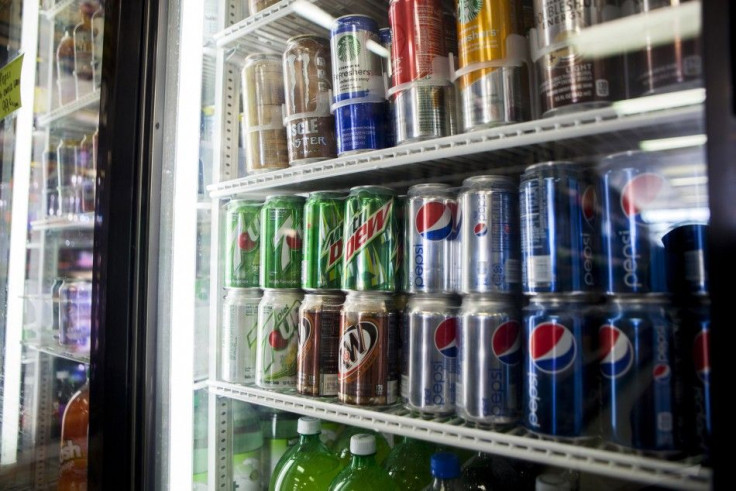Cutting One Sugar Drink A Day Cuts Risk Of Type 2 Diabetes

A new study conducted in Norfolk in the U.K. has found that Type II Diabetes can be kept at bay by replacing sugary drinks with water. According to the research, 5 percent of the total energy intake of an individual was got through sugary drinks or soft drinks. This the press release states, leads to 18 per cent risk of developing Type II Diabetes.
The results were based on the research of EPIC-Norfolk study. For the study, more than 25,000 individuals of both genders were taken. They were between the ages 40-79 years. The individuals were closely monitored over 11 years. It was found that 847 of them were in the beginning stages of Type II Diabetes. Every 7 days for around 11 years, the participants had to maintain a food diary record and they were made to report the intake of food and liquid they consumed. This was done especially to track the amount of sugar consumed.
These detailed food diaries were assessed and examined. They found that if sugary drinks were replaced with water and sugarless tea and coffee, the risk of developing Type II Diabetes is considerably reduced. Dr. Forouhi stated that the good news of this study is it provides evidence that by replacing daily serving of sugary soft drink or sugary milk drink with water or unsweetened tea or coffee, it can help cut the risk of diabetes. This offers for practical and healthy alternative drinks for the prevention of diabetes.
Compared to previous research, this research elaborated on the type and amount of liquid intake in greater detail. Previous research conducted in 2013 had taken into account the type of food that the participants consumed but had not included liquids in the analysis.
For the Norfolk study, information was collected from participants who came from 8 countries across Europe. The 2013 research also highlighted the fact that intake of sugary drinks leads to high risk of developing Type II Diabetes.
Researchers found that there was 22 percent risk of developing type II diabetes when a person consumed extra servings of soft drinks, sweetened milk and ASB per day. However, sweetened tea or coffee and fruit juice were not included. Dr. Forouhi stated that these findings were important evidence that support the recommendation of the World Health Organisation. The WHO advises a limited intake of free sugar in our diet.
The research was published in Diabetologia, the journal of the European Association for the Study of Diabetes.
For comments/questions regarding the article, you may email the writer at samrichardson.ibtimes@gmail.com.





















